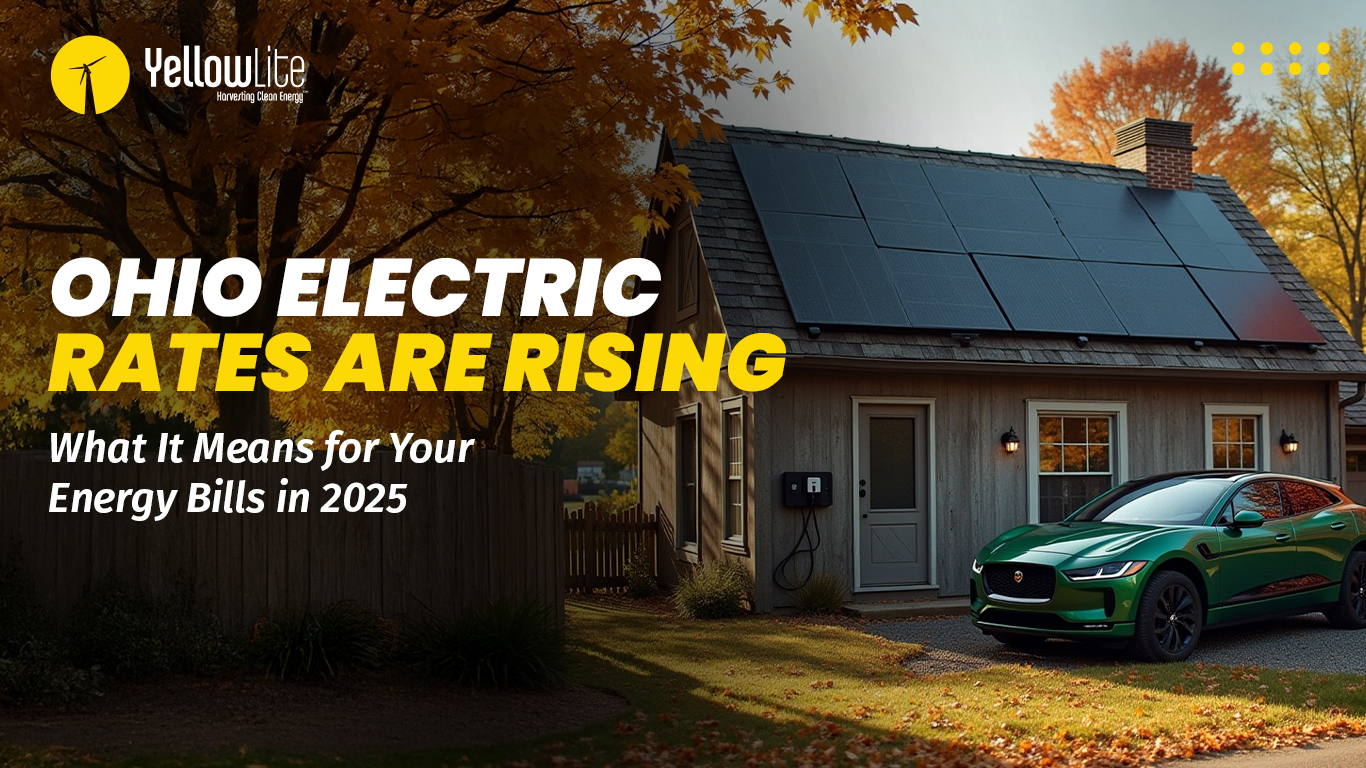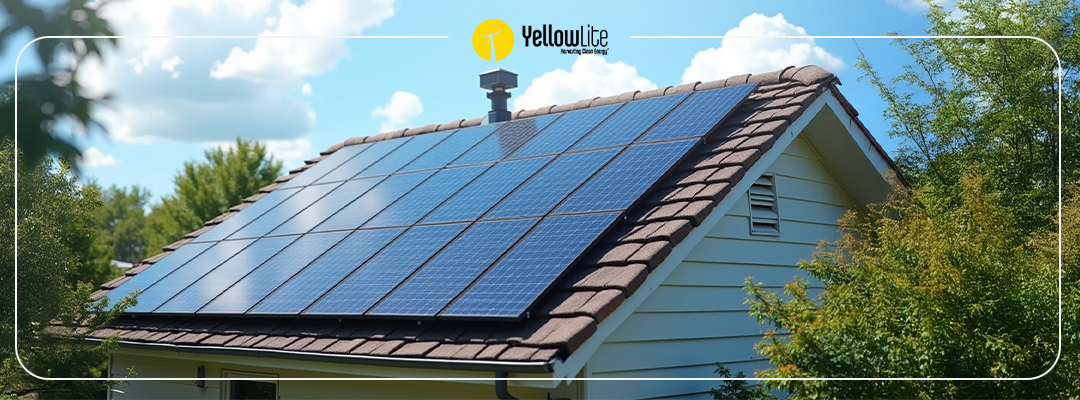Cloudy Weather. Harsh Winters. Rain. If this sounds like an area you live in and want to install solar panels, you may be asking yourself, “should I even bother”. The general perception is the weather has a direct correlation to the output of your system. Or in other words, cities such as Columbus, Pittsburgh or New York won’t benefit from solar power like Miami, Las Vegas or Los Angeles. The general perception is wrong.
There are many advancements in solar technology and other factors that allow solar to work just as well for areas that have poor weather as areas that bask in the sun. Let us take you through some of those facts.
Cloudy areas are a good match for Solar
The solar superpower of the world, Germany, is one of the cloudiest countries in Europe. Last May, it covered more than 95% of its power needs via solar energy. It is interesting to note that Germany only gets about as much sunlight as the state of Alaska, but it still manages to produce around 25 Gigawatts of power through solar. Amazing, right? That’s because cloudy days don’t matter as much as the total amount of sunlight you receive per year. Cities such as Cleveland, Portland, and Boston have cloudy weather but are great matches for solar!
Winter and the performance of your solar panels
It is important to remember that solar energy depends on light, not heat. It doesn't matter how cold the weather is, as long as you receive sunlight your solar panels will be up and running in good shape. The key is to make sure your panels receive as much sunlight as possible and to limit/remove shading.
Effect on energy output
How much energy will your solar panels produce during cloudy weather? Your solar panels will give only 25%-45% of the energy they produce during a sunny day. However, Solar panel producers such as SunPower and LG produce panels that hold efficiency and high production even during low light conditions.
So, what’s the final verdict? Does solar work in cloudy weather? Yes, it does- even in cities such as Ohio (a small 4kW solar energy system can cover the majority of the electricity bills). Clouds and harsh weather are no reason to not go solar. But, it is important to keep in mind that your roof is solar ready and receives no shading!
Visit NREL’s online PVWatts Calculator to see how much solar your roof can produce, despite any cloudy skies ahead.



